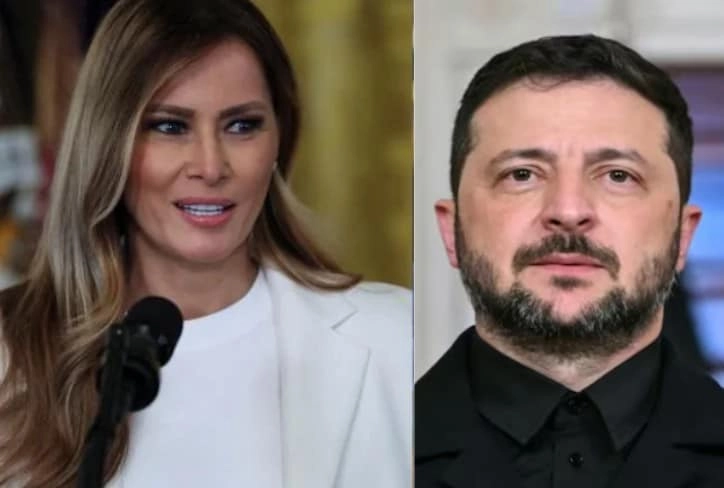In a recent statement that has garnered significant attention, former President Donald Trump urged Russian President Vladimir Putin to halt military operations and engage in negotiations for a peace deal. This call for diplomacy comes amid ongoing tensions and conflicts that have escalated in various regions, particularly with regard to Russia’s actions in Ukraine. Trump’s appeal emphasizes the importance of dialogue over conflict, suggesting that a peaceful resolution is not only preferable but necessary for the stability of the region and the world at large.
Trump’s remarks reflect a broader sentiment that many international leaders share: the desire for a swift end to hostilities through constructive conversation. The former president’s approach is grounded in the belief that proactive diplomatic efforts can pave the way for a stable and lasting peace. By asking Putin to “stop shooting,” Trump highlights the urgent need to cease violence and prioritize negotiations that could lead to a comprehensive agreement. Such a deal could address the underlying issues contributing to the conflict, ultimately fostering a more secure environment for all parties involved.
The call for peace, however, comes against a backdrop of skepticism regarding Russia’s willingness to engage in meaningful negotiations. Observers note that past attempts at diplomacy have often been met with resistance, raising questions about the efficacy of Trump’s appeal. Nonetheless, the former president’s intervention serves as a reminder that dialogue remains a critical component in resolving international disputes. By advocating for peace, Trump not only positions himself within the realm of global diplomacy but also underscores the necessity of collaborative efforts to navigate complex geopolitical landscapes.
As the world watches the developments closely, the implications of Trump’s statement extend beyond the immediate conflict. A successful peace deal could set a precedent for future negotiations in other regions facing similar challenges. It also raises important questions about the role of influential leaders in shaping the course of international relations. Ultimately, Trump’s call for peace with Putin is a significant moment that invites further discussion on how best to achieve lasting resolutions to conflicts that threaten global security.




